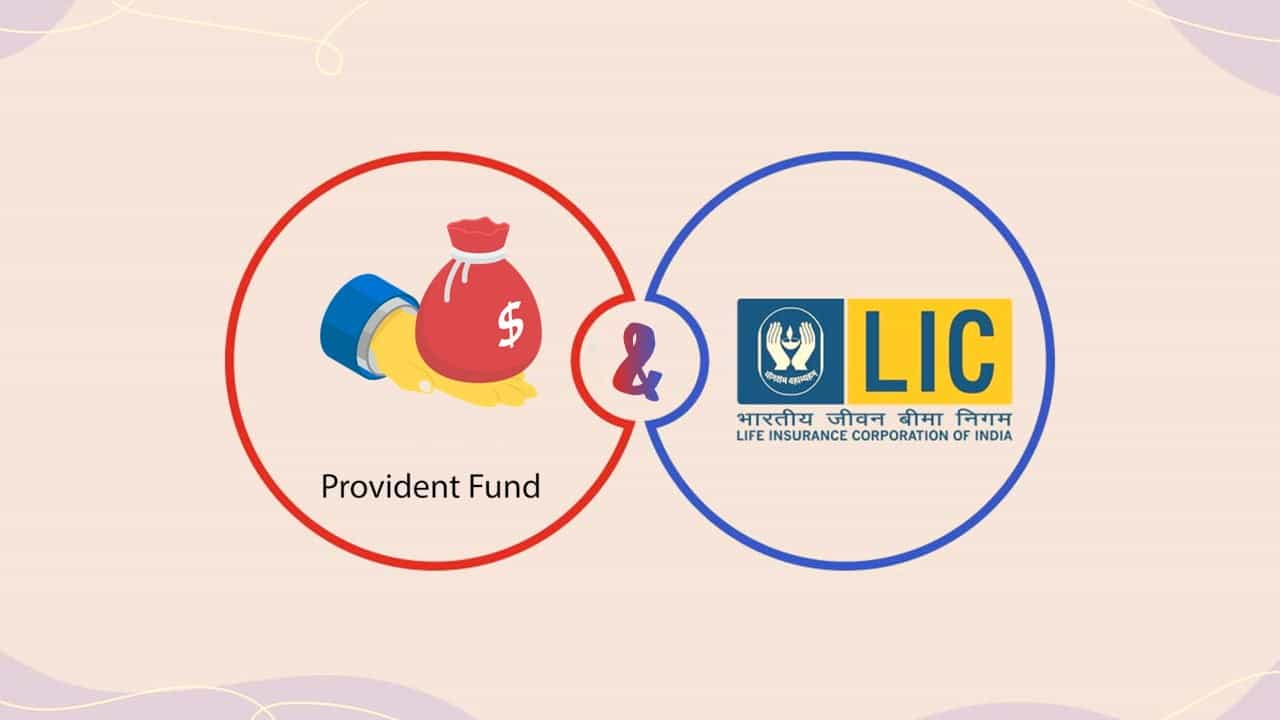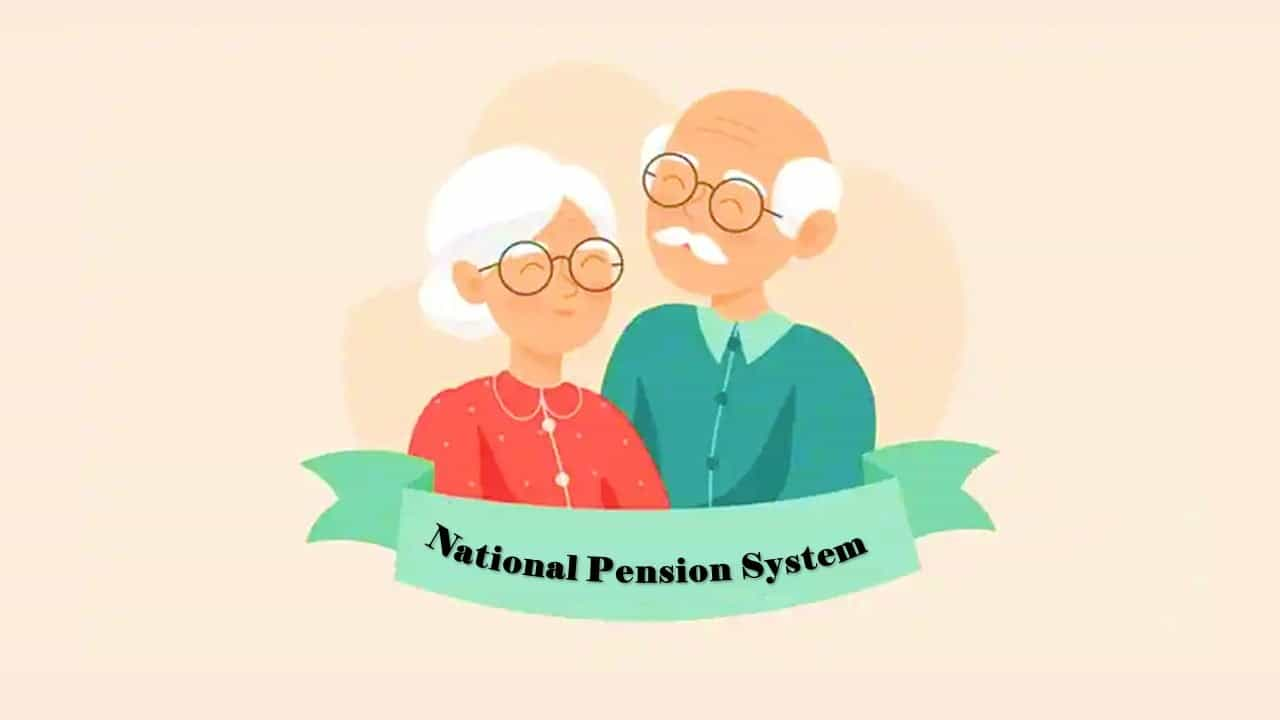There are various ways where an individual can save big amount of tax on their earnings. Here we laid down best tax saving tips, which can reduce your tax burden.
Reetu | Jan 19, 2023 |

Tax Saving Tips: Best Ways to Save Big Amount of Income Tax in India
An Income Tax is a tax imposed on individuals or entities (taxpayers) in respect of the income or profits earned by them (commonly called taxable income). Income tax generally is computed as the product of a tax rate times the taxable income. Taxation rates may vary by type or characteristics of the taxpayer and the type of income.
If you want to reduce your tax burden, the information provided here will help you do so by utilising your income, investments, and pension.
You can save tax in the following two ways:
1. Investing Money in Tax Saving Instruments
To reduce their tax burden, the government encourages citizens to invest in the tax-saving investments listed in section 80C of the Income Tax Act. This way, you can ensure that you have some sort of investment and stop worrying about spending too much money on taxes.
Some examples of tax-saving instruments:
i. Public Provident Fund
ii. National Pension Scheme
iii. Premium Paid for Life Insurance Policy
iv. National Savings Certificate
v. Equity Linked Savings Scheme
vi. Home Loan’s Principal Amount
vii. Fixed Deposit for Five Years
viii. Sukanya Samariddhi Account
ix. Children’s Tuition Fees
2. Claiming Tax Benefits from the Deducted Amount
You have the option of having your employer deduct taxes on a monthly basis. If this amount exceeds the expenses for non-taxable payments, the government will refund the difference or extra tax you paid. You must notify the Tax Department. These are known as income tax returns.
Let’s look into some above mentioned methods where you can save big amount of tax on your income:

You can claim tax benefits under section 80C of the Income Tax Department by investing in LIC premiums, EPF, PPF, and pension schemes. You will be eligible for a rebate of up to Rs.1.5 lakh under this section.

If you have taken a home loan or are considering taking a home loan, then tell that on this also you can claim tax exemption under section 80C of Income Tax. However, you cannot save more than Rs.1.5 lakh.

Tax exemption is also available through the government’s pension scheme, the National Pension System (NPS). You can claim an additional deduction of Rs 50,000 under section 80CCD(1B) under this scheme. This differs from the Rs 1.5 lakh exemption available under Section 80C. In addition, the employer’s contribution is deductible under section 80CCD2.

You may also be eligible for a tax exemption on your house rent allowance. If you do not receive HRA, you can claim house rent payment under section 80GG.

A person may deduct (for tax purposes) up to Rs 25,000 for their own insurance premium as well as the insurance premiums of their spouse and dependent children. You can deduct an additional/separate amount for your parents’ insurance premiums up to Rs 25,000 if they are under 60, and up to Rs 50,000 if they are over 60. These exemptions can claimed under sec 80D of IT Act.

Under the Income Tax Act, any wedding gift received from direct relatives is exempt from taxation. The maximum amount that can be spent on gifts from friends or relatives is Rs.50000. Any gifts that are worth more will be taxed at the appropriate rate.

Interest earned on savings accounts is typically tax-free up to Rs. 10,000. The sum of all savings accounts is represented by this amount. Under section 80TTB, this cap is raised to Rs. 50,000 for senior citizens.

Any scholarship given to deserving students to assist with educational expenses is exempt from income tax under section 10(16) of the Income Tax Act.

You are entitled to a deduction for donations made to specific relief funds and charitable organisations under Section 80G of the Income Tax Act. However, not every donation is eligible for a tax deduction under Section 80G. Tax deductions only apply to contributions made to designated funds.
In case of any Doubt regarding Membership you can mail us at [email protected]
Join Studycafe's WhatsApp Group or Telegram Channel for Latest Updates on Government Job, Sarkari Naukri, Private Jobs, Income Tax, GST, Companies Act, Judgements and CA, CS, ICWA, and MUCH MORE!"